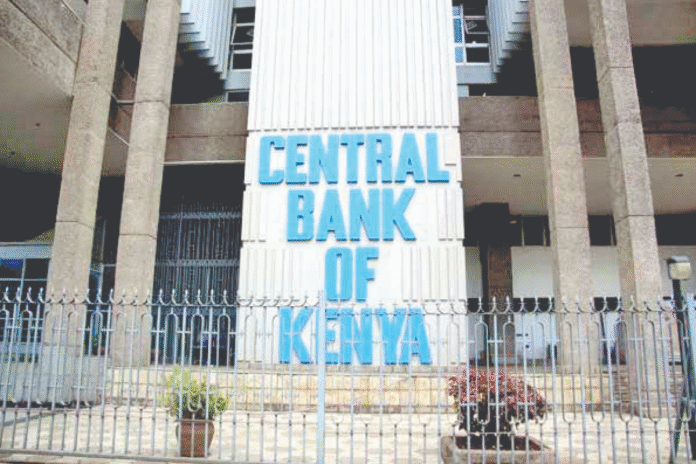By Ian Maleve
The Central Bank of Kenya has slapped fines on 11 commercial banks for failing to comply with key regulatory requirements on lending limits, capital adequacy, and investment practices.
The move reflects intensified regulatory scrutiny aimed at safeguarding the financial system and promoting responsible banking conduct.
The sanctions come after investigations revealed that multiple banks had extended loans exceeding the permissible thresholds relative to their core capital or risk-weighted assets.
Others were found wanting in maintaining the minimum capital buffers required to cushion against potential financial shocks. The CBK emphasized that these rules serve as critical protective measures to ensure banking resilience and protect depositors.
Bankers were also penalized for excessive or misaligned investment allocations, contrary to the stipulations in prudential guidelines that target prudent and transparent asset management.
The banks subjected to fines reportedly include both large and mid-tier institutions, though specific names have not been publicly disclosed.
Financial analysts suggest the record enforcement action is partly a response to persistent risks observed during earlier breaches and rising macro-financial vulnerabilities.
In recent years, commercial banks have faced repeated penalties for violating lending limits and capital thresholds such as exceeding the 25 percent cap on exposure to single borrowers or letting core capital dip below required levels.
Observers say the move aims to recalibrate risk appetite among banks and align sector practices with the CBK’s broader financial stability agenda. The fines are also intended to deter future non-compliance and reassure the public that regulatory oversight remains robust.
According to recent data from prior enforcement cycles, fines disbursed across the banking sector had reached a record Ksh191 million, underscoring the CBK’s willingness to impose meaningful penalties.
With the penalties now in place, affected banks are expected to move quickly to strengthen their balance sheets, reduce concentrated lending exposures, and revise investment policies.
The intervention is also expected to accelerate upgrades in risk management systems, governance structures, and compliance frameworks across the industry.
Although the sanctions may dent short-term profitability for some institutions, analysts note that enhancing regulatory adherence and bank soundness is essential for long-term stability and growth in Kenya’s financial landscape.



















